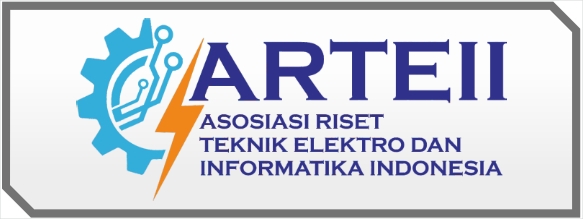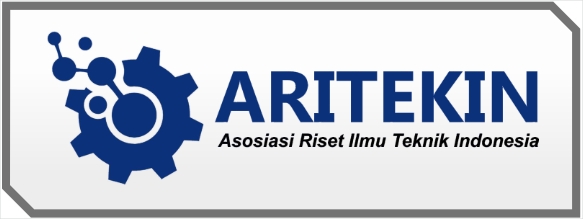Evaluasi Smile dalam Pengelolaan Data dan Informasi
( Studi Kasus BPJS Ketenagakerjaan Cab.Tanjung Morawa )
DOI:
https://doi.org/10.59581/jusiik-widyakarya.v2i3.3794Keywords:
Evaluation, SMILE, Data and Information Management, User Compatibility, EUCS, BPJS Employment, Efficiency, User Satisfaction, Tanjung Morawa BranchAbstract
Evaluation of SMILE in Data and Information Management (Case Study of BPJS Employment, Tanjung Morawa Branch) Using the User Compatibility Method. Effective data and information management in financial institutions such as BPJS Employment requires an application system that meets user needs. This research aims to evaluate SMILE at the Tanjung Morawa BPJS Employment Branch using the User Compatibility method, which assesses the extent to which the application meets the user's needs, abilities and expectations. This research method involves a survey of SMILE users at BPJS Employment Tanjung Morawa Branch, taking into account aspects of usability, efficiency and user satisfaction. Data was collected through questionnaires, interviews and direct observation of smile users. The evaluation results show that SMILE at BPJS Employment Tanjung Morawa Branch has a high level of compatibility with users. The research results show that all EUCS independent variables (indicators), consisting of Content (Content), Format (report), Accurancy (accuracy), Timeliness (speed of presentation), Ease of Use (easy to use), which have a significant relationship with user satisfaction SMILE. Users find this application easy to use, improves work efficiency, and meets their expectations regarding data and information management. However, several recommendations for improvement were also put forward, including increased training for users, improved integration with other systems, and improved data security. This study makes an important contribution to further understanding the extent to which SMILE meets user needs in internal environments. The evaluation results and recommendations produced can serve as guidelines for developing and improving smile in the future.
References
Adianto, T., Ali, Y dan Saptono, E. 2020. Penilaian Risiko Serangan Siber Sistem Manajemen Keamanan Informasi. Manajemen Pertahanan. 6(1): 52-72.
Adolph, S., Cockburn, A., & Bramble, P. (2003). Patterns for Effective Use Cases. Boston: Addison-Wesley Professional.
Agung, L. 2015. Membangun Sistem Jaringan Komputer untuk Pemula. Yogyakarta: Andi Medcom.
Amin, M. M. 2020. Pengembangan Aplikasi. Graha Ilmu.Yogyakarta.
Arifin, Zaenal 2018. Sistem Pengamanan Jaringan Wireless LAN. Penerbit Andi. Jogjakarta.
BPJS. 2021. BPJS Ketenagakerjaan. https://www.bpjsketenagakerjaan. go.id/tentang-kami.html. Diakses pada 1 April 2023 pukul 19.00 WIB.
Narmansya. S. 2022. Analisis Pemanfaatan Sistem Informasi JKN Mobile di Kota Makassar. Universitas Hasanudin. Makasar.
Safaat, Nazrudin. 2011. Android: Pemograman Aplikasi Mobile Smartphone dan Tablet PC Berbasis Android. Informatika: Bandung.
Saifulloh, & Asnawi, N.(2015). Evaluasi Desain Antarmuka Dengan Pendekatan Kemudahan Penggunaan (Studi Kasus Mobile App Sport Galaxy Center). Jurnal Ilmiah DASI Vol. 16 No. 4 , 55-58.
U. Ependi, R. Syafari, and P. Maharani, "End User Computing Satisfaction On Website Perpustakaan Daerah Sumatera Selatan," J. Teknol. Inf. Univ. Lambung Mangkurat, vol. 3, no. 1, pp. 35-46, 2018.
Valya. R. Puspita A. Milla H. 2022. Evaluasi Pengelolaan Data dan Informasi Program Vaksinasi COVID-19 (Corona Virus Disease 19) di Wilayah Lampung Tahun 2021. Bikfokes. 2(2) : 106-115.
Downloads
Published
How to Cite
Issue
Section
License
Copyright (c) 2024 Jurnal Sistem Informasi dan Ilmu Komputer

This work is licensed under a Creative Commons Attribution-ShareAlike 4.0 International License.













